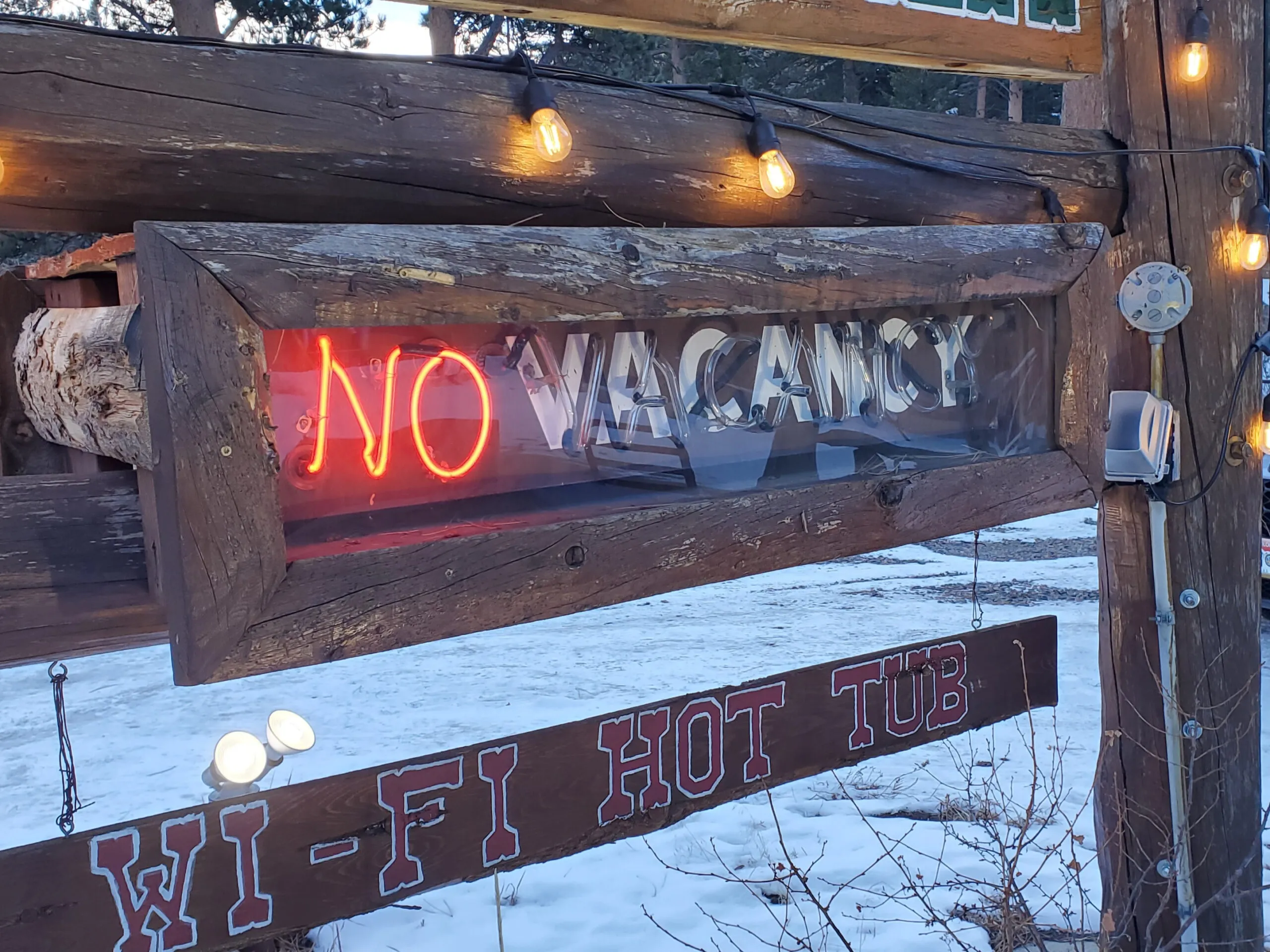Longmont HOA claims developer’s ‘corporate veil’ obscures assets in defective construction case

The homeowners association at a Longmont townhome neighborhood claims in a lawsuit filed this week that the developer of the community — which the HOA sued a little more than year ago over allegedly shoddy construction work — is using a web of affiliated holding companies to obscure assets and to avoid paying a settlement during arbitration for the late 2022 case.
THIS ARTICLE IS FOR SUBSCRIBERS ONLY
Continue reading for less than $3 per week!
Get a month of award-winning local business news, trends and insights
Access award-winning content today!





